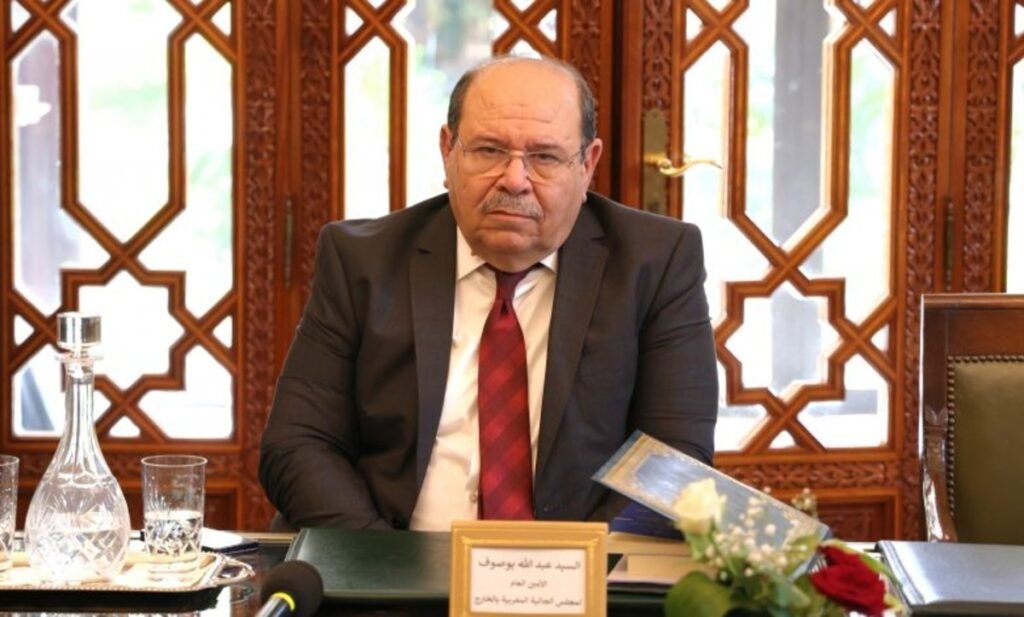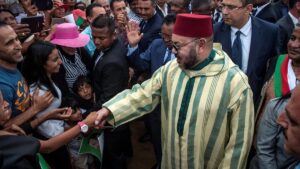Shaping public opinion between media and political actors!
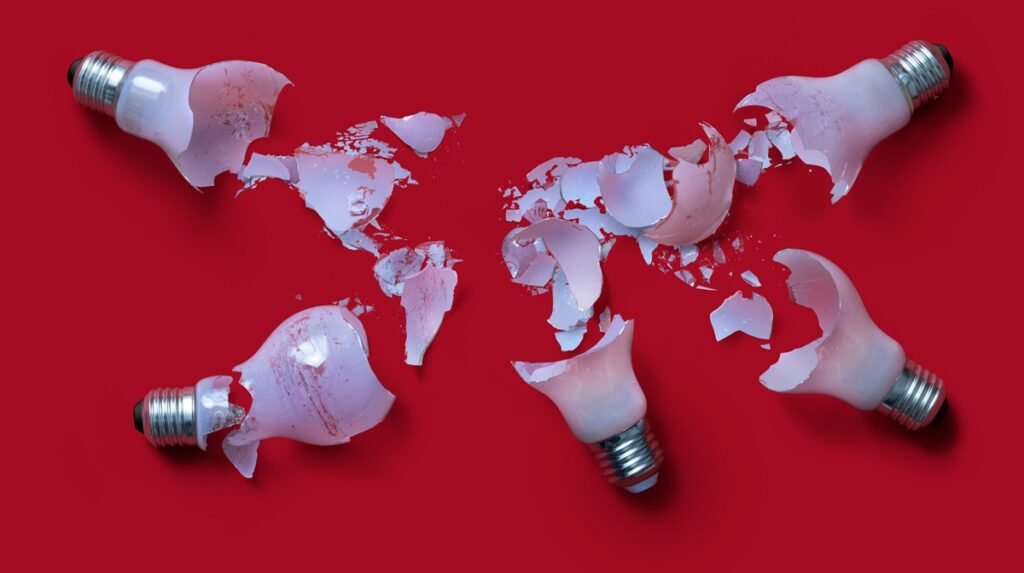
Dr. Abdullah Boussouf (Secretary-General of the Council of the Moroccan Community Abroad)
For many decades, the political actor has dominated political life, major decisions, and public policies. His (the political actor's) roles have been divided between overseeing the formulation and implementation of those policies within the framework of the party that won the elections or within government alliances, on the one hand, and playing the role of the opposition and monitoring the government's actions, on the other hand.
The evolution of political thought and its need for new mechanisms and tools, whether for marketing, glorifying the government's actions, or criticizing it by the opposition, has made communication tools an urgent and necessary necessity for political actors, regardless of their position or status, whether in the majority or the opposition.
Thus, for a long time, newspapers occupied the throne of communication between the political actor and the citizen/elector, and these mechanisms multiplied and developed in a powerful and influential way, such as radio, television, and cinema, which played a powerful role during the First and Second World Wars in framing the masses. Indeed, in March 1933, Nazi Germany created the Ministry of Enlightenment and Public Propaganda through its engineer, Joseph Goebbels. The role of the media actor in framing and directing public opinion would grow during the Cold War, as it was considered a basic driver in foreign policies and domestic public policies.
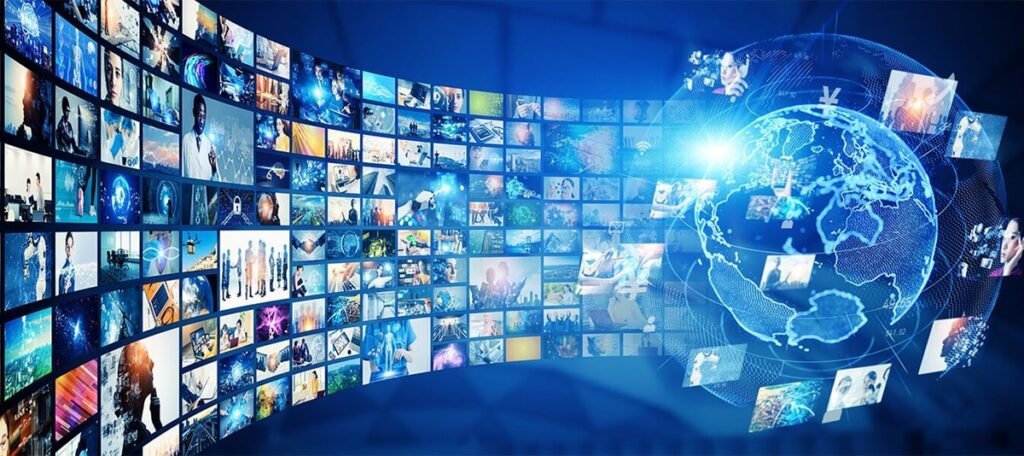
Today, with this vast amount of digital media production, media luxury, and social media networks, all factors have made re-questioning the hierarchy of political and media actors an urgent need at times and a provocative one at others. Who influences whom, the media or the politician? Has the media actor become a formidable force in political decision-making? Or is their role limited to marketing programs, polishing some political actors, and rebuking others? No one can deny the significant role media actors play in monitoring or criticizing political decisions, on the one hand, and in guiding and framing citizens/voters before or during elections, on the other.
The truth that everyone knows is that the media actor determines the timing of discussions on issues of peace and war, the dates for negotiations and the negotiating table, and determines the priorities of public interest, whether defending values or identity, security and the environment, or human rights and immigration. In other words, it presents citizens with a "media presentation" that prevents them from thinking outside the box. It sets limits on all choices, making some people think they are choosing of their own free will. The truth is that the media presentation limits the margin of deviation from pre-established choices!
Perhaps the expansion of the far right in the West is a result of a media approach based on setting priorities and agendas, and the creation of voters who don't think outside the box, but rather consider themselves "activists" and defenders of the content of the far right's media presentation. We wouldn't be surprised to discover that the media of right-wing and far-right parties is funded by influential entities, companies, and individuals in the world of finance and business, who harness the media to serve their political and ideological agendas.
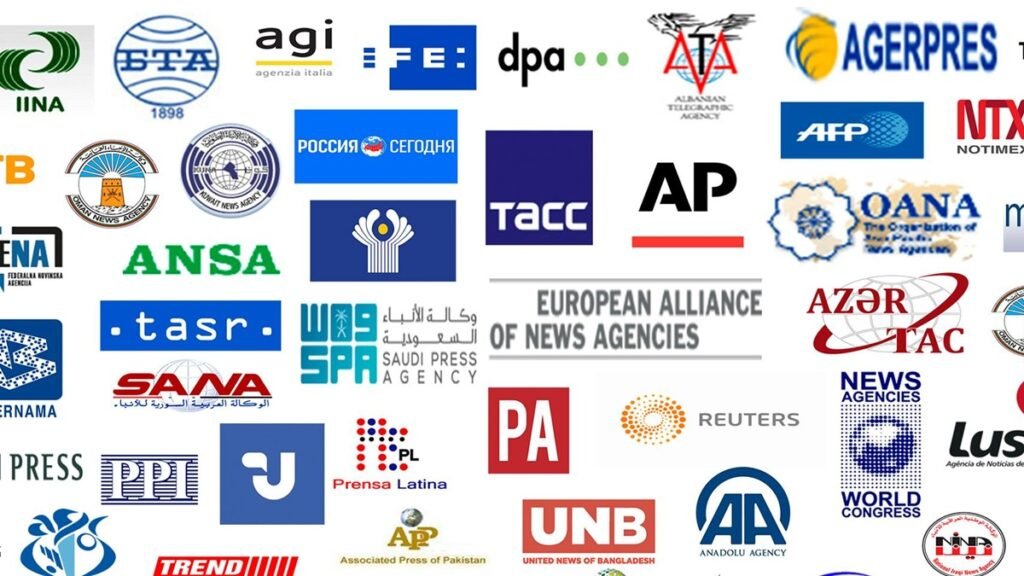
Moving further into the broader circle, we find that those responsible for shaping global public opinion are almost exclusively limited to four international news agencies, based in four global capitals: New York, London, Paris, and Berlin. These news agencies control the marketing of news and images across the world, according to a Swiss study published in June 2016.
The Associated Press (AP), headquartered in New York, has more than 4,000 employees worldwide, and its services are used by more than 12,000 agencies worldwide, with its news reaching half the world's population daily.
Agence France-Presse (AFP), headquartered in Paris, employs approximately 4,000 people and produces approximately 3,000 news items and a similar number of photos daily for various agencies around the world.
Then there was the British agency Reuters, headquartered in London and employing about 3,000 people. Canadian businessman Thomson bought Reuters in 2008, and Reuters Thomson's headquarters became New York.
Then there's the German press agency DPA, headquartered in Berlin, which employs around 1,000 people in several countries around the world. It also owns publishing houses and radio stations, and is licensed by the American AP to market media services in German-speaking countries.
Most international news agencies have partnerships with these four agencies to market media services, including the services of their correspondents around the world. Naturally, political actors draw on the news provided by these agencies, are influenced by their analyses, and are wary of their influence.
At the same time, the media actor operates within the spaces of freedom drawn by the political actor, and operates cautiously for fear of any legal and media backlash whose hero is the political actor, through the enactment of laws that restrict freedom of the press, for example. Let us not forget the Watergate affair and the downfall of US President Nixon at the hands of two journalists.
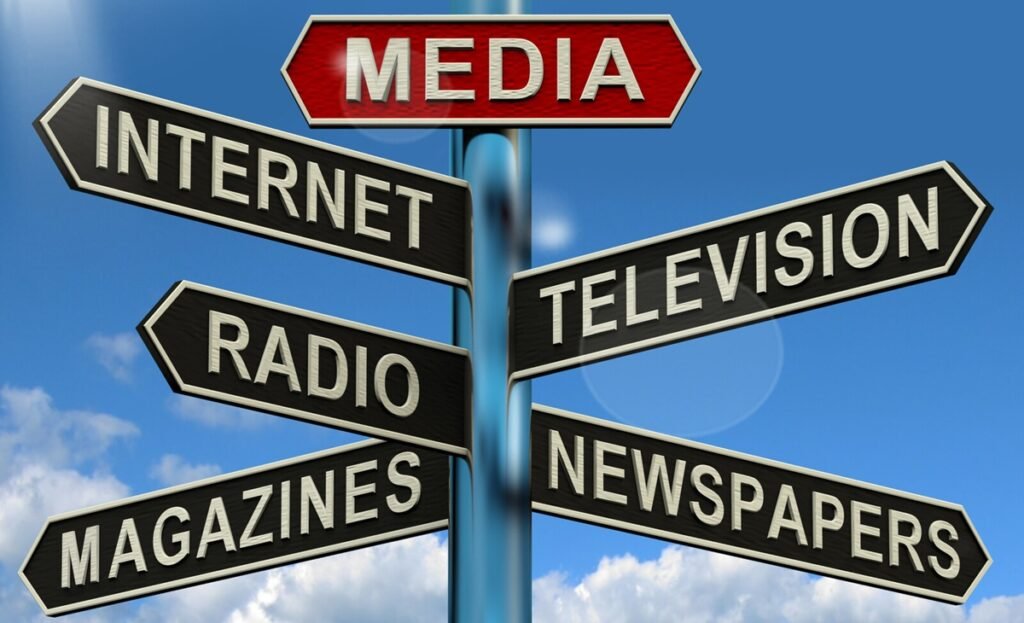
Today, the common ground in shaping public opinion between media and political actors is expanding, thanks to the digital revolution and social media.
The definition of the media actor's field of work has evolved between Her Majesty and the Fourth Estate, awaiting new definitions in keeping with the age of artificial intelligence. However, the political actor has retained its definition, with some additions such as radical, extremist, populist, and others.
On the other hand, the language of reality dictates that both are partners in shaping global public opinion with unique characteristics. It is certain that the digital and technological revolution and the rapid transmission of information will inevitably push citizens/voters to seek new interpretations outside the media and political box.
